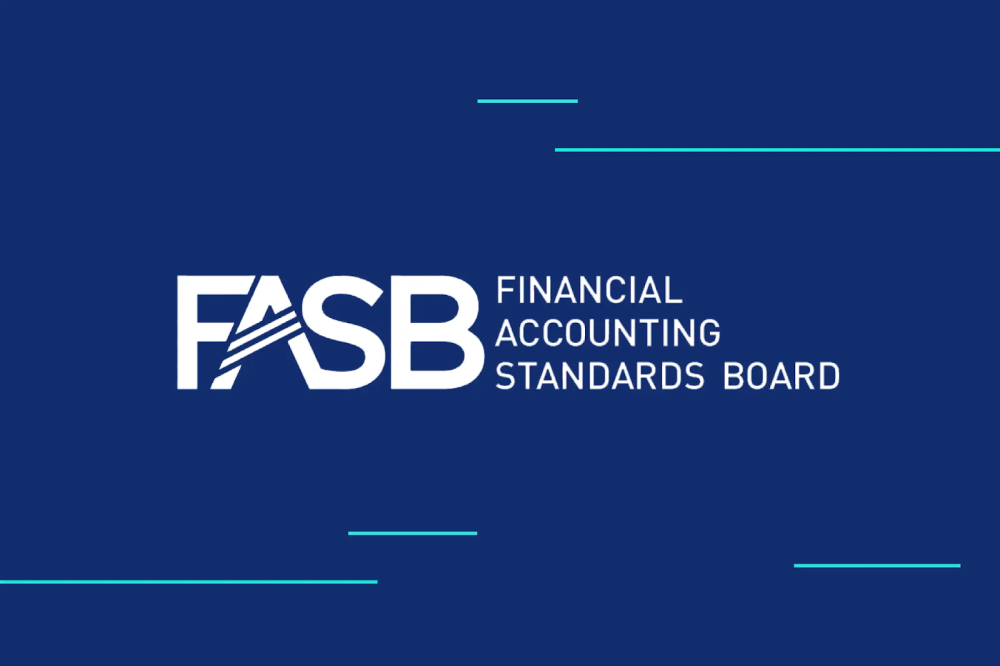New accounting guidance will put an end to frustrating crypto impairment charges
TLDR: On October 12th, the Financial Accounting Standards Board (FASB) unanimously voted to require companies to account for crypto assets at their fair value. This new guidance is in contrast to the current accounting guidance requiring companies to account for their crypto holdings at historical cost less any impairment expense that should have been recognized due to reduced asset pricing. This is a significant positive change for industry stakeholders, who have discussed and requested such a decision for more than a year. While not effective immediately, the change will likely go into effect within the next six months or so.
What does this mean?
Current crypto accounting standards regarding impairment have been a major obstacle to corporate adoption of digital assets. As I recently noted in a Bloomberg Tax article, Bitcoin and other crypto assets are currently treated differently from other traditional investments on a corporate balance sheet:
“Publicly traded firms are required to incur impairment charges against their bitcoin purchases whenever prices dip below the initial cost basis. In other words, and especially for volatile assets like bitcoin and other cryptocurrencies, impairment ends up harming the bottom line of public earnings reports and requires companies to hold these assets on their balance sheets at their lowest valuation since the point of purchase.”
The FASB’s new update to account for crypto assets at fair value instead – which is being considered as part of the FASB’s current project to address crypto asset accounting – would be a welcome change for companies holding (or interested in holding) digital assets on balance sheets.
The complexity of current accounting standards deter corporate crypto adoption and financial transparency (see, for example: Tesla’s Bitcoin Dump Leaves Accounting Mystery in Its Wake), and don’t reflect the true economics of the asset class. Better crypto accounting standards will generate better outcomes for companies preparing financial statements, investors using such statements, and the industry at large.
Under the new rules proposed by the FASB, all companies would account for their crypto holdings at fair value on their financial statements. The changes in fair value would likely flow through earnings, although this wasn’t a topic specifically addressed by the FASB in their meeting on October 12th. In addition to their fundamentally new guidance on fair value crypto accounting, the FASB has also determined that crypto transaction fees should be immediately expensed, rather than capitalized and included in the cost basis of the assets received as a result of the transaction.
What is the scope of assets that would qualify?
It’s important to note that the FASB’s updated fair value treatment would only apply to crypto assets that meet the scope requirements. These crypto assets must meet the following criteria:
- Meet the definition of “intangible asset” as defined in the Master Glossary of the Codification (i.e. “an asset that lacks physical substance”)
- Do not provide the asset holder with enforceable rights to, or claims on, underlying goods, services, or other assets
- Are created or reside on a distributed ledger or “blockchain”
- Are secured through cryptography
- Are fungible (i.e. “able to replace or be replaced by another identical item; mutually interchangeable”)
These scope requirements essentially mean that most cryptocurrencies will be eligible for fair value treatment. Exceptions would include NFTs (which are explicitly scoped out in criteria number 5), tokenized equities or other traditional asset-backed tokens, and certain stablecoins.
What are the next steps?
This guidance has not yet been finalized and is not yet available for companies to implement today. The unanimous votes from the Board on October 12th simply codify the direction the Board will take when it issues a formal Accounting Standards Update (ASU) – and is expected to be officially implemented within the next 6 months or so.
A reasonable expectation for what will happen next and what it takes to get to a final ASU is further outlined below:
- The Board will hold a series of additional meetings to address crypto accounting guidance for presentation, disclosure, and other critical topics the Board would like to address with this project.
- The Board will consider transition and adoption plans for when companies could adopt the updated guidance and how the transition would work.
- The Board will issue an Exposure Draft and make it available for the public to comment on (typically a comment letter period is between 30-90 days)
- The Board will review comments received on the Exposure Draft and take actions as needed
- The Board will move to a final vote on the comprehensive body of work for this project and issue an updated ASU
Conclusion
The FASB is making meaningful progress towards updated accounting guidance that is specially tailored to digital assets. In-scope crypto assets will be accounted for at fair value in the future and it’s only a matter of time until this change becomes officially implemented. Companies should be preparing for this pending change now to ensure they are ready for the new guidance when the time comes.
.png)


